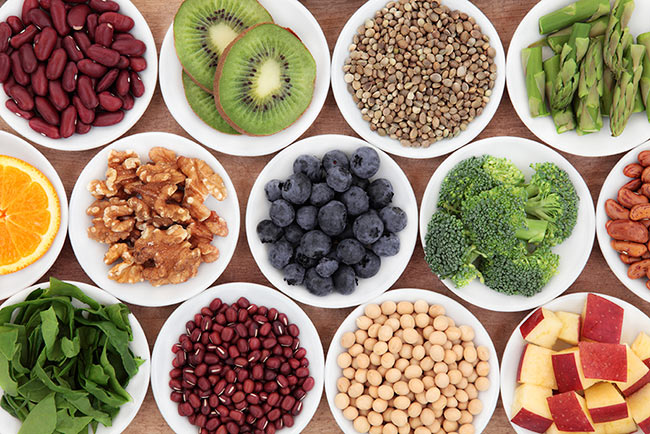Mood swings, depression, irritability, food cravings etc. these are all some of the classic signs of the infamous “PMS”. PMS or premenstrual syndrome affects most women at some point of their lives. Several factors contribute to the severity of the symptoms women experience.
Lifestyle and dietary changes can help manage PMS symptoms to a large extent according to Dr Anjali Kumar, one of the best gynecologists in Gurgaon. With our increasingly busy lifestyles, we often opt for the easy way out, popping pills to manage cramps and other symptoms rather than focusing on healthier alternatives. Medication should always be the last resort. They are more useful for women who have extremely severe PMS symptoms, especially if they have underlying conditions such as PCOS.
Dr Anjali Kumar, Obstetrician & Gynecologist at the CK Birla Hospital, which is known to be one of the best hospitals for gynecology in Delhi NCR, gives us a few lifestyle and dietary tips that can help us breeze through our PMS phase every month.
Table of Contents
Exercise
Regular physical activity goes a long way in alleviating your mood, controlling your bloating and making you calmer during PMS. You should aim to complete atleast 45 minutes of low-medium intensity exercise three or four times per week. Try walking to do your chores rather than driving or climb stairs instead of using the elevator.
Limit your salt intake
What is life without seasoning? Bland is definitely not good, but too much seasoning can be far worse for our body. If you face problems with bloating, breast tenderness/swelling, swollen hands etc every month in sync with your menstrual cycle, you should consider decreasing your salt intake. Try using more of other seasonings such as herbs or spices and with time your body would get used to having less salt.
Hydrate
Make it a point to drink at least 3 litres of water in a day regardless of whether you feel thirsty. Increasing your water intake during PMS can help you reduce symptoms of bloating and indigestion. If wish to make things more interesting, you can flavour the water with ginger or turmeric etc for additional health benefits.
Increase intake of whole grains
Try avoiding processed food by consuming more whole grains. This will not only help your health in general but also help in managing mood swings, depression and anxiety with is trigged by PMS by reducing the serotonin levels in your body.
Increase iron intake
Women, especially of the menstrual age are more prone to iron deficiency anemia. This results in them feeling more tired, irritated, bloated etc especially when they are going through PMS. Include iron rich food in your diet such as whole leafy vegetables, apricots, dates, eggs, chicken, fish etc. If required, consult your doctor for vitamin supplements.
Monitor your calcium intake
As we grow older, we need to increase our calcium intake. For women, this micronutrient can greatly help in reducing the symptoms of PMS. Increasing calcium intake by having more nut milk, yogurt, sesame seeds, ragi etc.
Always remember that the more you rely on medical intervention for PMS, the more you will need it. Rather train your body and understand its requirements when it comes to dealing with PMS. Exercise to regulate your mood and appetite. Reduce aches and pains by applying warm compress. And follow healthy eating habits for long term benefits.

